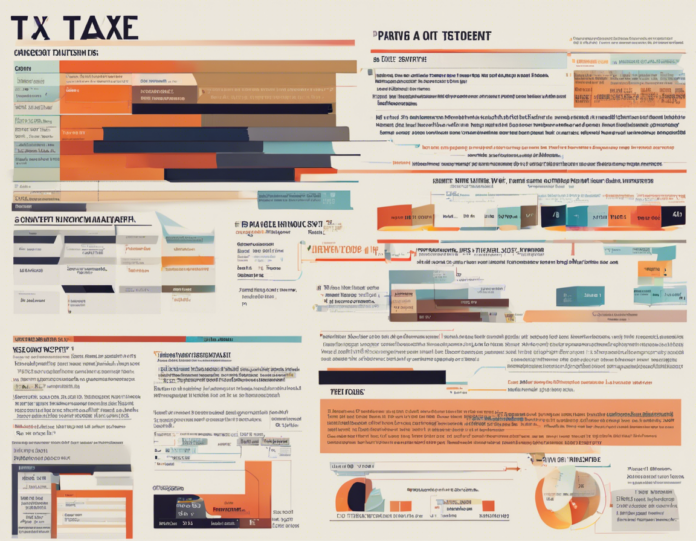Taxes are an integral part of society, funding essential services and infrastructure that benefit everyone. However, navigating the complex world of taxes can be challenging for many individuals. This comprehensive guide aims to simplify some critical tax concepts and provide clarity on common terms and practices related to tax compliance.
Understanding Tax Basics
1. What is Taxation?
Taxation is the process by which governments collect money from individuals and businesses within their jurisdiction to fund public expenditures. These taxes are levied on income, profits, property, sales, and various activities.
2. Types of Taxes
- Income Tax: A tax imposed on individuals or entities based on their income or profits.
- Sales Tax: A consumption tax levied on goods and services at the point of sale.
- Property Tax: A tax on real estate or personal property.
- Corporate Tax: A tax imposed on the profits of corporations.
- Capital Gains Tax: A tax on the profit from the sale of assets such as stocks, bonds, or real estate.
3. Tax Filing
Tax filing involves submitting your income details and tax calculations to the government. Individuals typically file tax returns annually, while businesses may have different filing requirements.
4. Tax Deductions
Tax deductions are expenses that can be subtracted from your total income, lowering your taxable income. Common deductions include mortgage interest, charitable contributions, and business expenses.
5. Tax Credits
Tax credits directly reduce the amount of tax you owe. Examples include the Child Tax Credit, Education Credits, and Renewable Energy Credits.
Common Tax Terminologies
1. Adjusted Gross Income (AGI)
AGI is your total income minus specific deductions, such as retirement contributions and student loan interest.
2. Taxable Income
Taxable income is the portion of your income that is subject to taxation after deductions and exemptions.
3. Withholding
Withholding refers to the amount of tax taken from your paycheck by your employer throughout the year.
4. Tax Refund
A tax refund is money returned to you by the government when you have overpaid taxes throughout the year.
Tax Planning Tips
- Keep Records: Maintain organized records of your income, expenses, and receipts.
- Utilize Tax-Advantaged Accounts: Contribute to retirement accounts and health savings accounts to lower your taxable income.
- Stay Informed: Keep up-to-date with tax law changes and deadlines to avoid penalties.
Frequently Asked Questions (FAQs)
1. Do I need to file taxes if I have no income?
Even if you have no income, you may still need to file taxes to claim certain credits or refunds.
2. How can I reduce my tax bill?
Maximize deductions, contribute to tax-advantaged accounts, and explore tax credits to lower your tax liability.
3. What happens if I file my taxes late?
Filing taxes late can result in penalties and interest charges, so it’s essential to file on time or request an extension.
4. Can I deduct home office expenses?
If you use a portion of your home regularly and exclusively for business, you may be able to deduct home office expenses.
5. What is the difference between a tax credit and a tax deduction?
A tax deduction reduces your taxable income, while a tax credit directly reduces the amount of tax you owe.
6. How long should I keep tax records?
It’s recommended to keep tax records for at least seven years in case of an audit or questions from the IRS.
7. Can I e-file my taxes?
Yes, you can electronically file your taxes through the IRS website or authorized tax preparation software.
8. What is the difference between federal and state taxes?
Federal taxes are imposed by the U.S. government, while state taxes are levied by individual state governments.
9. Are there tax benefits for charitable donations?
Yes, charitable donations are tax-deductible if made to qualifying organizations.
10. How can I get help with my taxes?
You can seek assistance from tax professionals, use tax software, or access resources provided by the IRS for tax-related queries.
Understanding tax concepts is crucial for financial planning and compliance with legal obligations. By familiarizing yourself with these terms and practices, you can make informed decisions regarding your taxes and optimize your financial situation. Be proactive in managing your taxes to ensure smooth and efficient processing while maximizing benefits and reducing liabilities.








